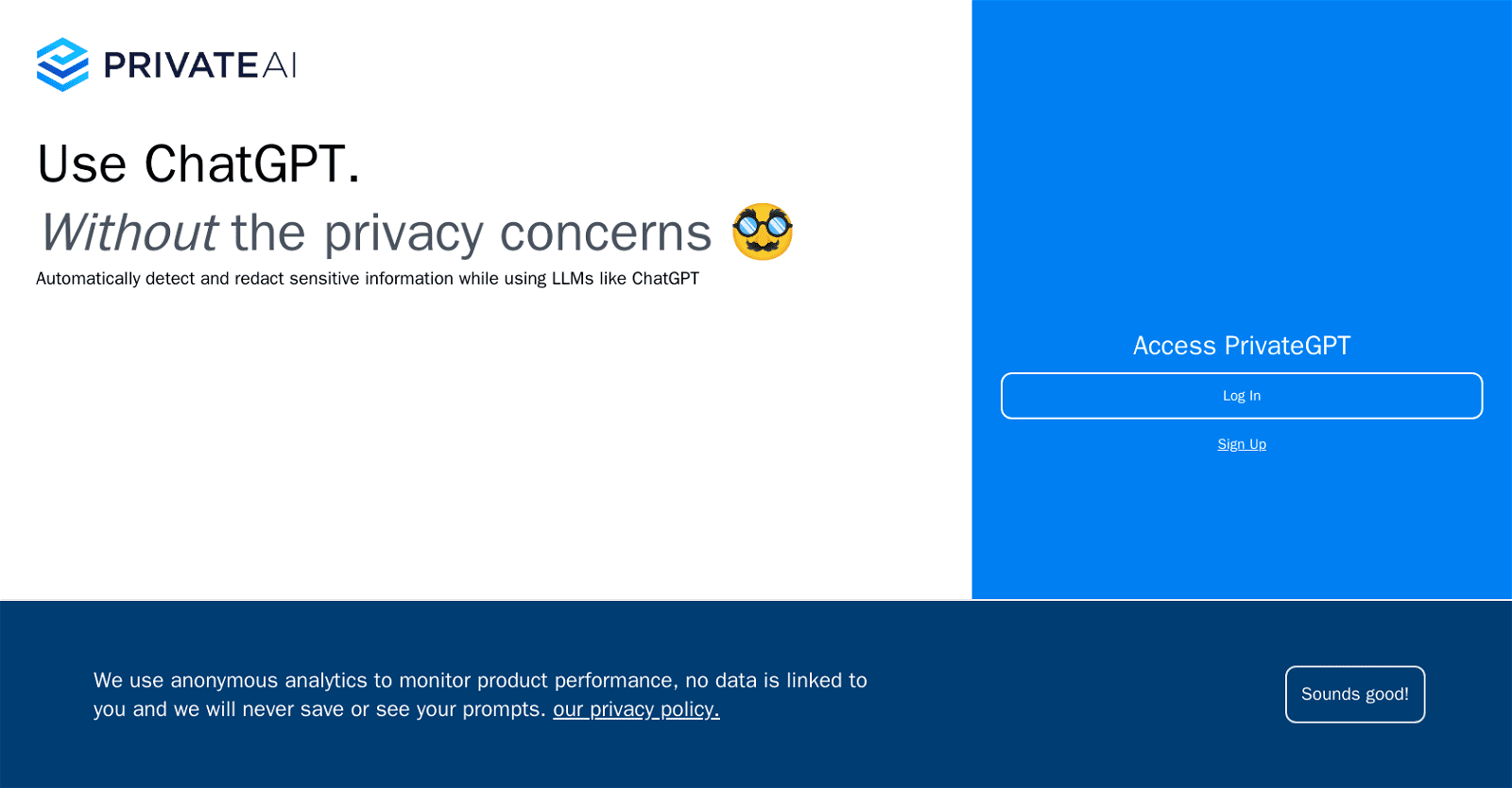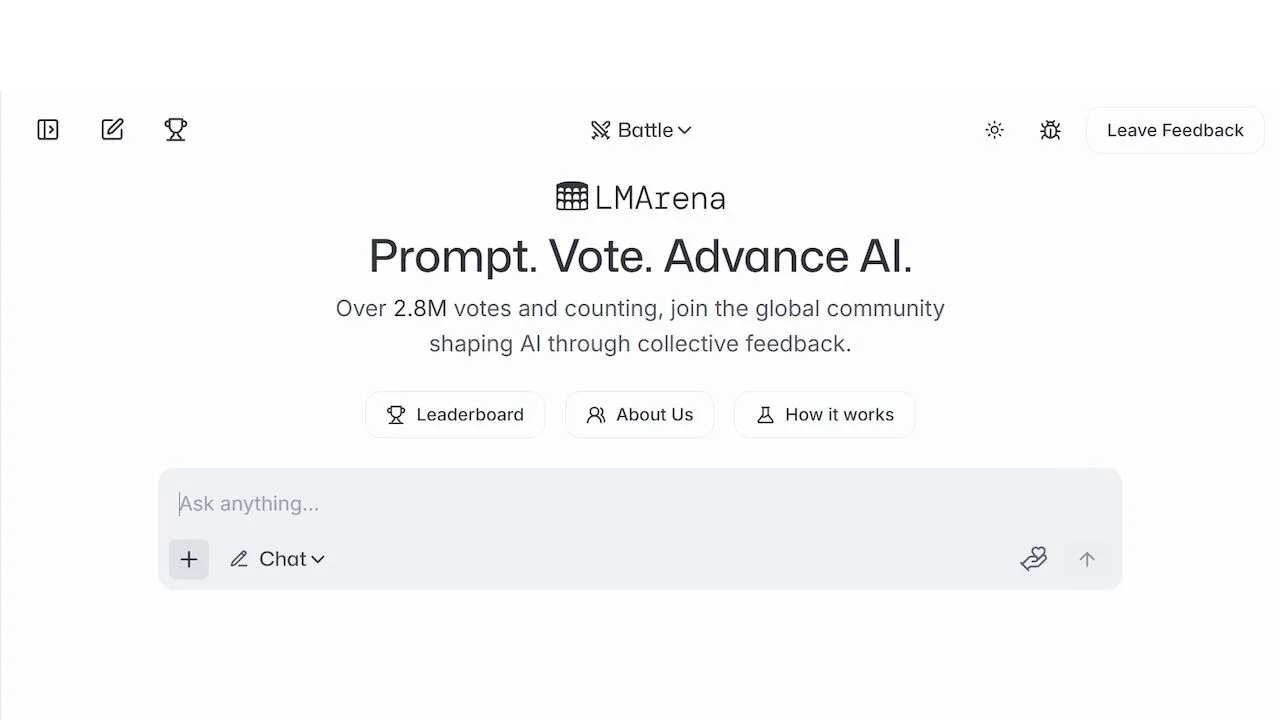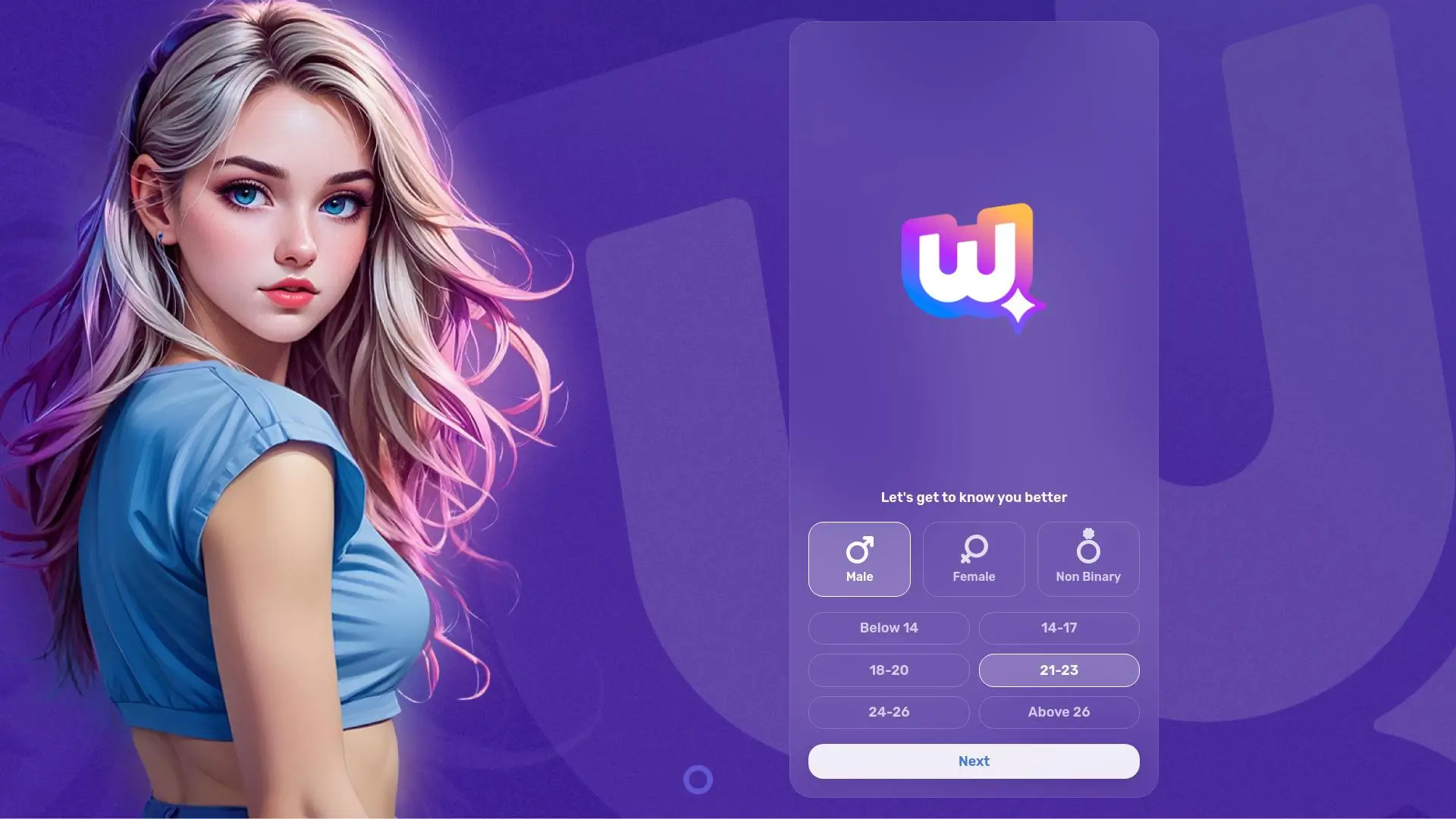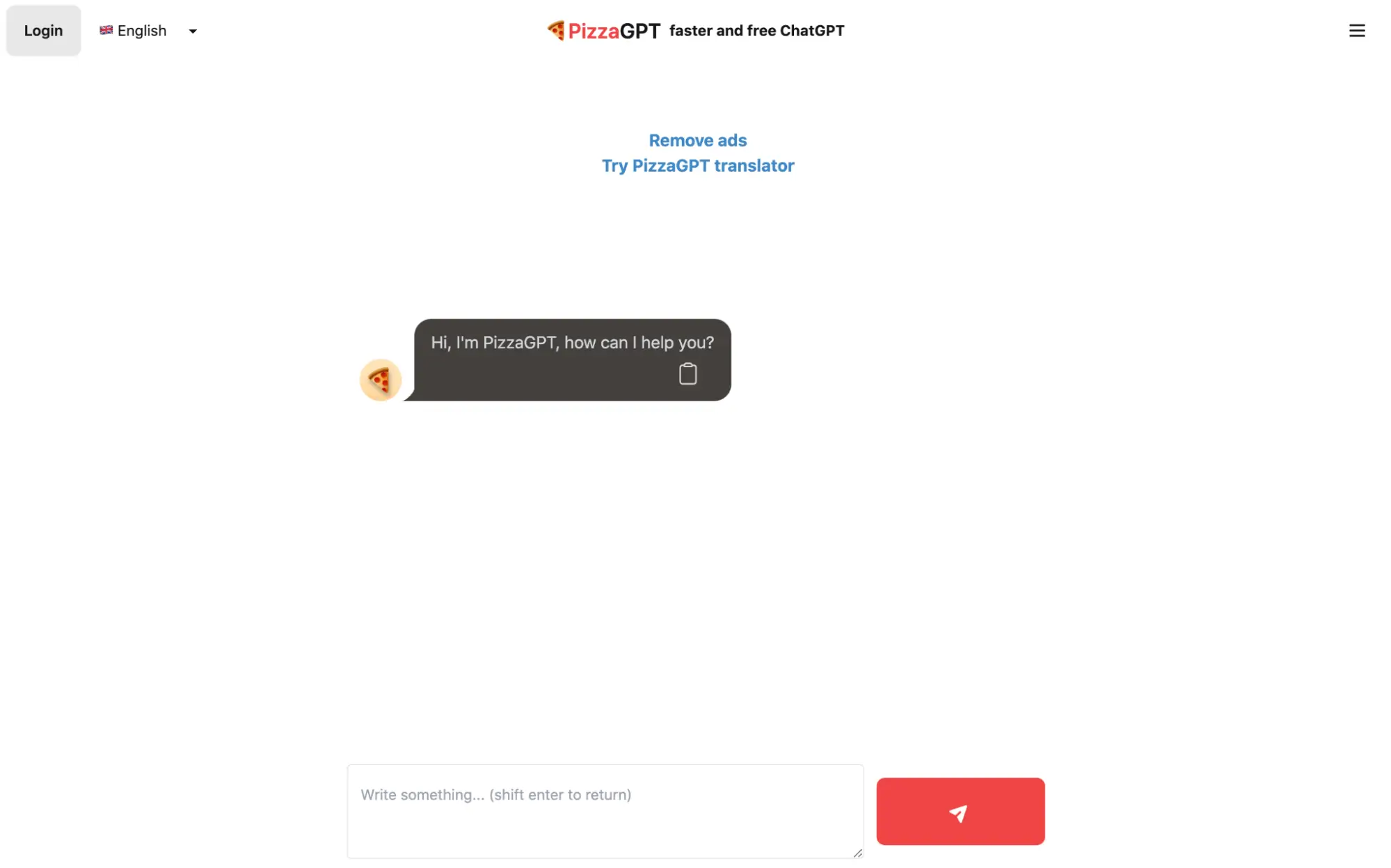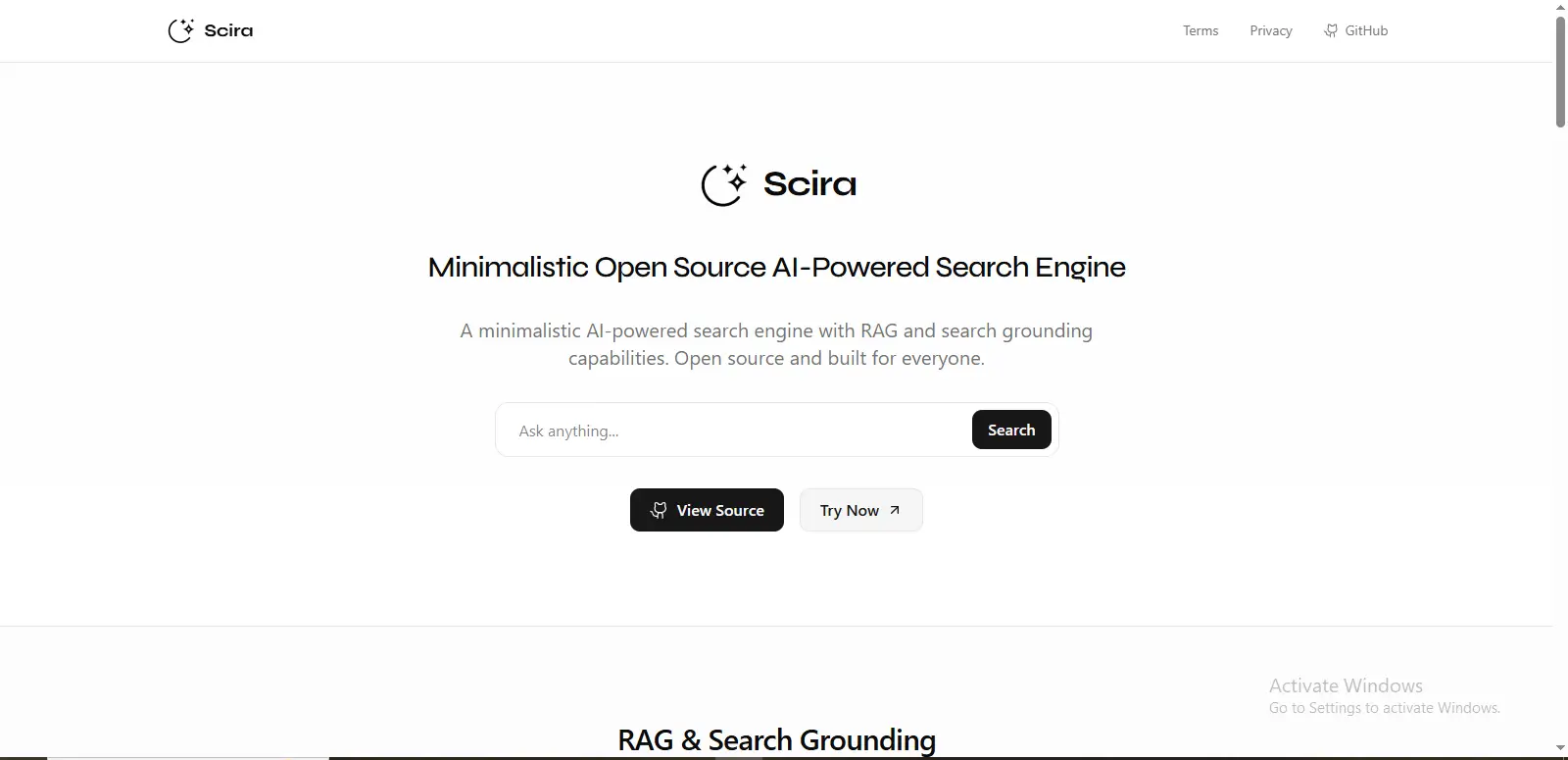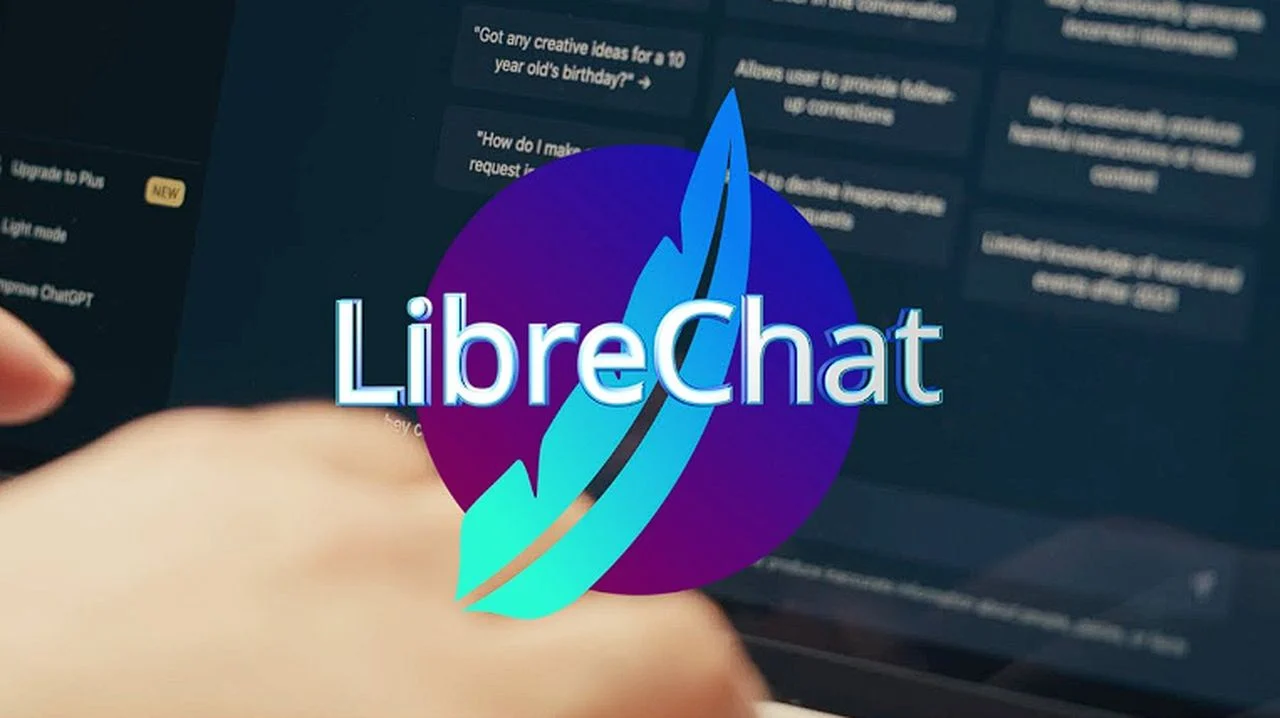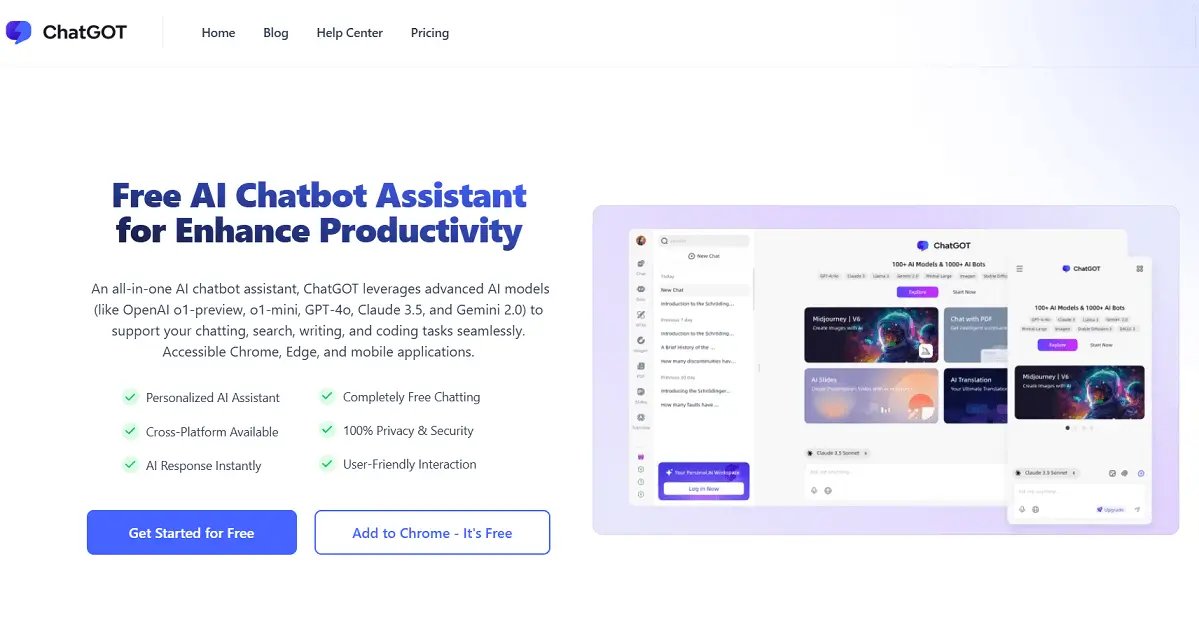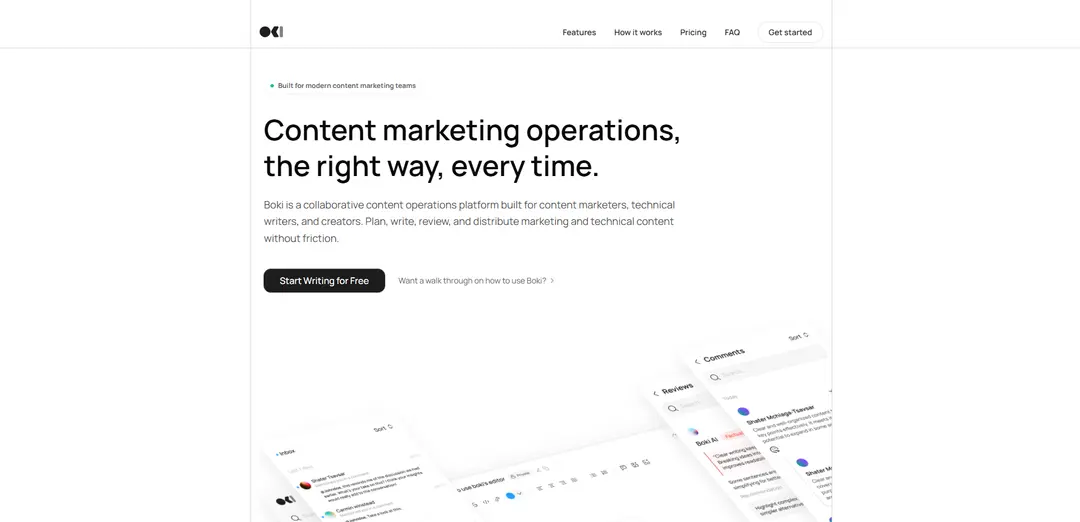PrivateGPT offers the same capabilities as ChatGPT, allowing users to generate human-like responses to text input while prioritizing privacy. The tool employs automated mechanisms to detect and censor sensitive information, ensuring that it remains secure during online conversations.
PrivateGPT emphasizes anonymity and refrains from collecting any user data that could be traced back to individuals. Its privacy policy is readily accessible on its website, and it utilizes anonymous analytics solely for product performance monitoring.
This tool is ideal for individuals and businesses seeking to interact with ChatGPT while safeguarding sensitive personal or business information. With its straightforward login/signup process, PrivateGPT enables users to generate text confidently, knowing that privacy concerns are addressed. Overall, PrivateGPT presents a valuable solution for leveraging LLMs like ChatGPT while upholding privacy standards.
More details about PrivateGPT
How does PrivateGPT protect sensitive online chat conversations?
PrivateGPT employs an automated process to detect and censor sensitive data within online chat conversations, safeguarding user privacy. This functionality ensures that sensitive information remains undisclosed, with redacted data anonymized to uphold user privacy during interactions.
Do I need to worry about privacy implications when using PrivateGPT?
Rest assured, there are no privacy concerns associated with using PrivateGPT. It guarantees that your prompts are never stored or viewed, employing automated mechanisms to detect, redact, and anonymize any sensitive information, ensuring your privacy is protected.
Is PrivateGPT suitable for individual users concerned about privacy?
Absolutely, PrivateGPT is designed with individual users’ privacy in mind. Its primary function is to safeguard sensitive information by automatically redacting it, thus preserving users’ anonymity during online interactions.
What are the privacy concerns associated with using ChatGPT that PrivateGPT resolves?
Indeed, while ChatGPT offers remarkable language capabilities, it lacks inherent measures to safeguard sensitive data disclosed during interactions. This can potentially compromise users’ privacy. PrivateGPT, on the other hand, addresses this concern by automatically redacting sensitive information, ensuring a privacy-focused approach.
